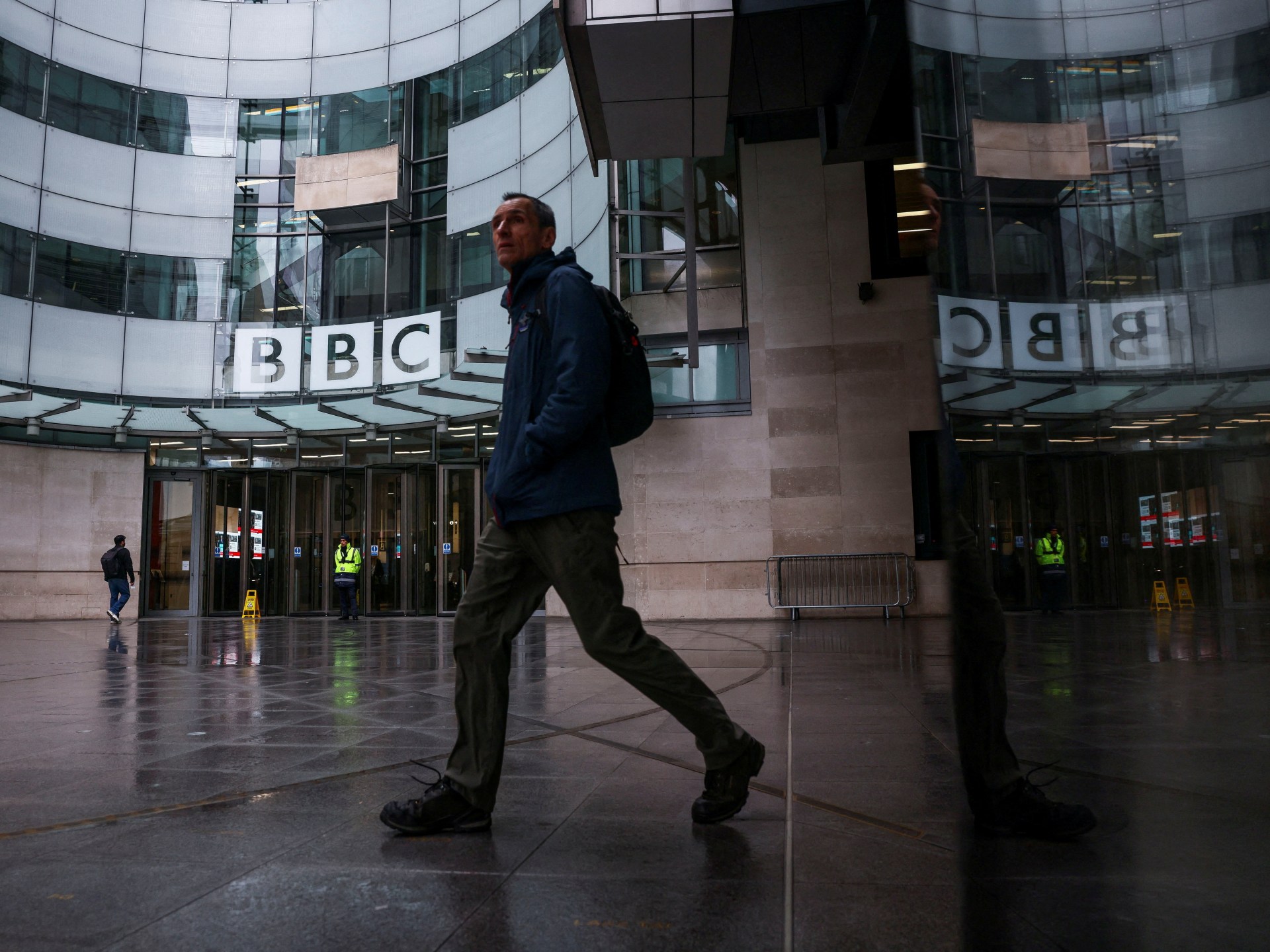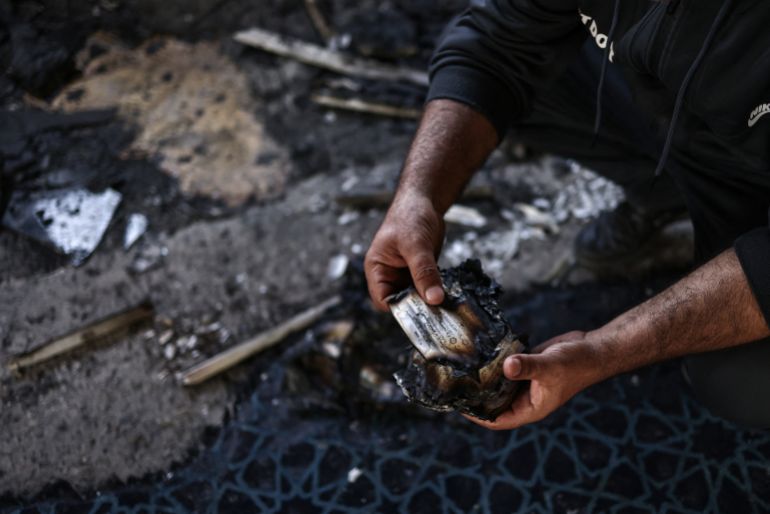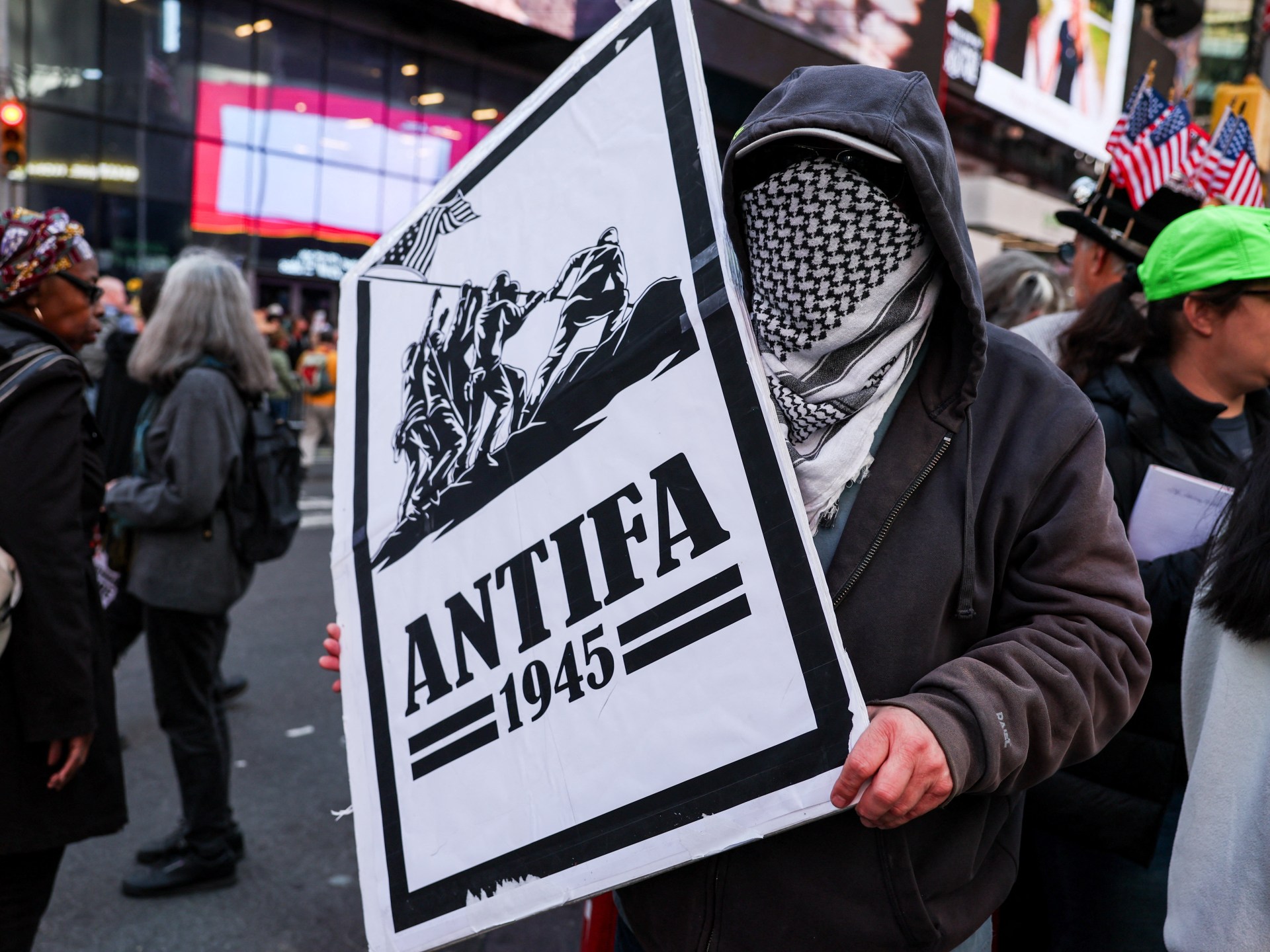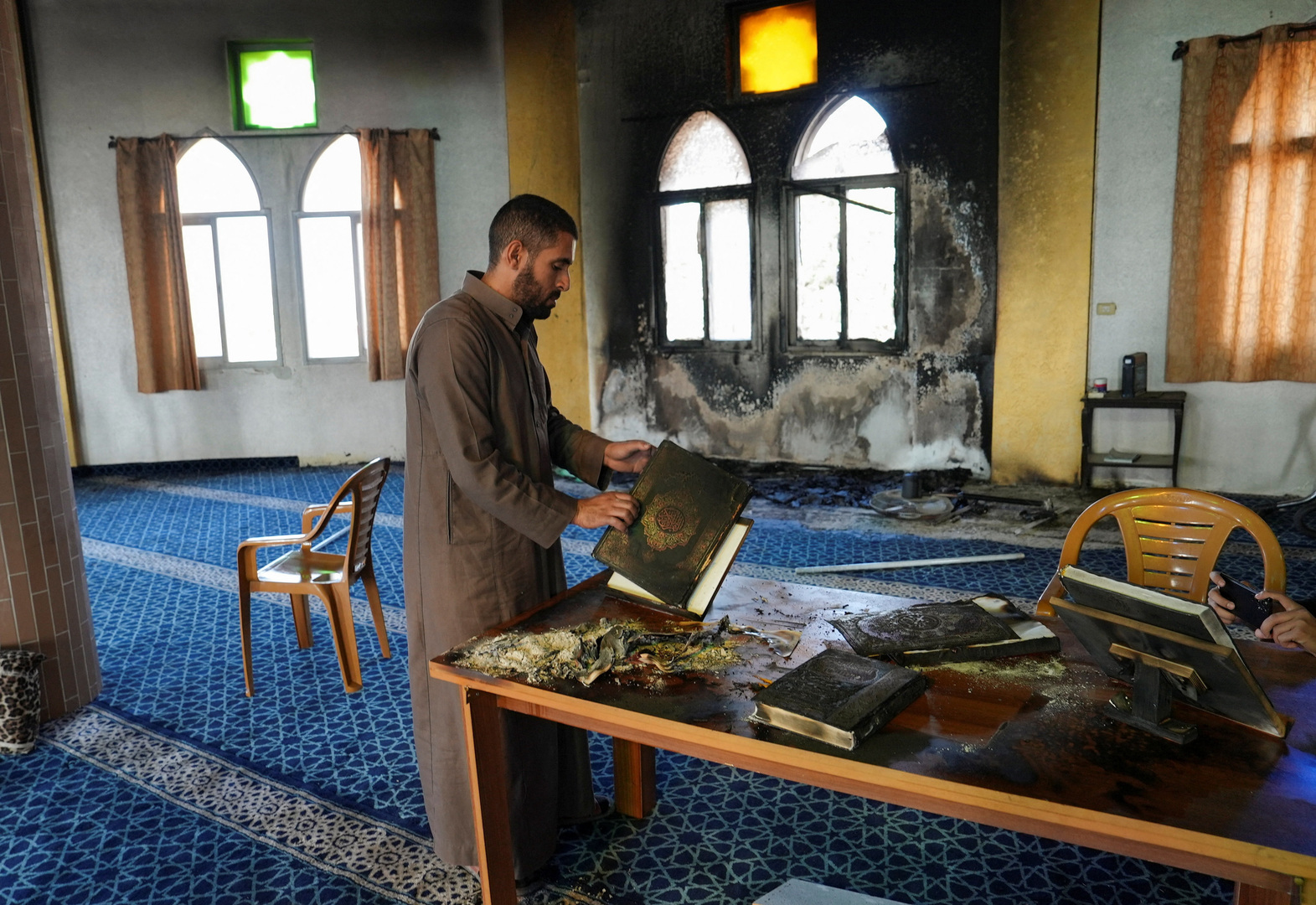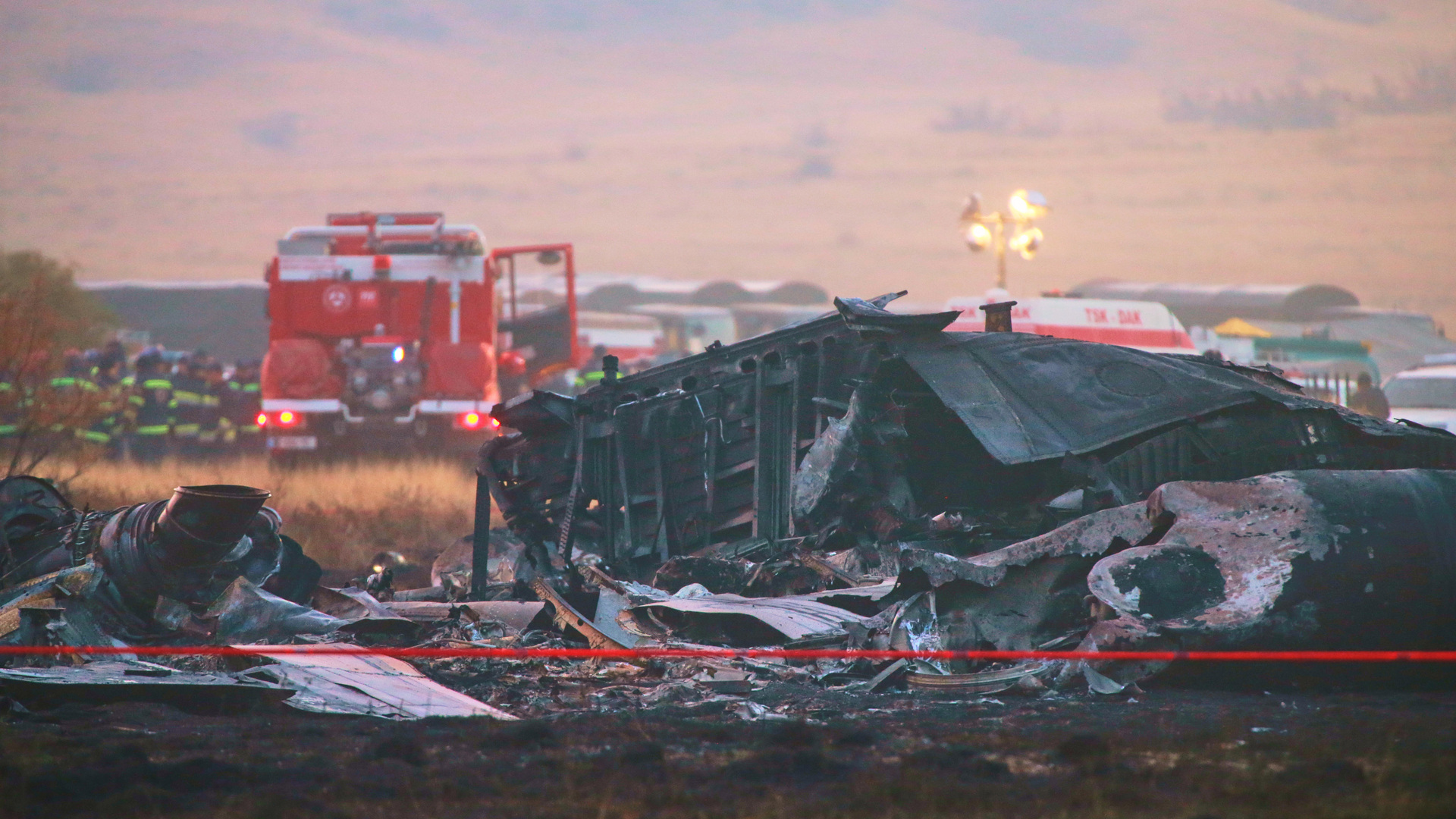Britain’s public broadcaster, the BBC, has apologised to Donald Trump for editing a speech to make it look like he had advocated violence, seeking to ward off the United States president’s threat of legal action.
But in a statement on Thursday, the broadcaster rejected the basis for a defamation claim.
Recommended Stories
list of 3 itemsend of list
The BBC said its chair, Samir Shah, sent a personal letter to the White House, making clear to Trump that he and the corporation were “sorry” for how his speech was edited in a documentary for Panorama, a current affairs show.
It added that the broadcaster has no plans to rebroadcast the documentary on any of its platforms.
“While the BBC sincerely regrets the manner in which the video clip was edited, we strongly disagree there is a basis for a defamation claim,” the BBC said.
A third-party production company made the documentary film, called Trump: A Second Chance?, which spliced together three quotes from two sections of a speech Trump delivered on January 6, 2021.
But the two sections of the speech were delivered almost an hour apart. Critics argued that the documentary edited the separate lines into what appeared to be one quote, in which Trump urged supporters to march with him and “fight like hell”.
Among the parts cut out was a section where Trump said he wanted supporters to demonstrate peacefully.
Following Trump’s speech, thousands of his supporters would march on the US Capitol and storm the building, in an apparent attempt to disrupt the certification of the 2020 presidential election, which Trump lost.
The documentary Trump: A Second Chance? was broadcast days before the 2024 presidential election, which Trump won.
Trump’s lawyers had told the BBC to withdraw the Panorama programme, apologise to the president and appropriately compensate him for the harm caused, or face a lawsuit seeking damages of at least $1bn.
They accused the documentary of containing “false, defamatory, disparaging, misleading or inflammatory statements” about Trump.
The Telegraph newspaper recently published leaked accusations of “systemic bias” at the BBC, which has further fuelled the controversy.
Director-General Tim Davie, along with news chief Deborah Turness, quit on Sunday, saying the scandal was damaging the BBC.
In a statement, Turness wrote that, “as the CEO of BBC News and Current Affairs, the buck stops with me”.
Davie, meanwhile, used his departure to emphasise that the BBC “continues to be admired as a gold standard” in journalism.
“Overall the BBC is delivering well, but there have been some mistakes made and as director general I have to take ultimate responsibility,” he wrote in his farewell.
The accusations at the BBC have put the broadcaster at risk of having to use money paid by its viewers to compensate the US president for an error of its own making.
That, critics say, could hand more ammunition to the BBC’s detractors, at a time when growing numbers are cancelling their annual licence fee payment.
Legal experts have said that Trump would face challenges taking his case against the BBC to court in the United Kingdom or the US. They said that the BBC could show that Trump wasn’t harmed because he was ultimately elected president in 2024.
Deadlines to bring the case in English courts, where defamation damages rarely exceed 100,000 pounds ($132,000), expired more than a year ago. Because the documentary was not shown in the US, it would be hard to show that US citizens thought less of him because of a programme they could not watch.
While many legal experts have dismissed the president’s claims against the media as having little merit, he has won some lucrative settlements against US media companies, and he could try to leverage the BBC mistake for a payout, potentially to a charity of his choice.
